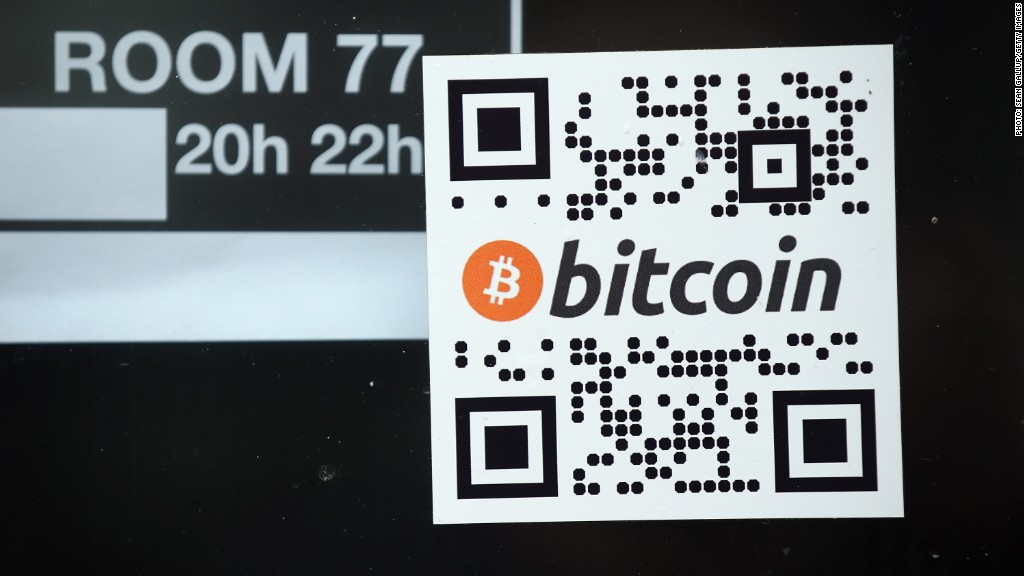
China's central bank warned Thursday that Bitcoin carries substantial risks and issued new rules that prohibit financial institutions from dealing in the digital currency.
Demand for bitcoin has been particularly strong in China, where investors have eagerly embraced the currency and helped drive its price to dramatic new highs above $1,000 in recent weeks.
Following the central bank's announcement, prices on the largest Bitcoin exchange in China plummeted by more than 20% before mounting a mild comeback.
While the central bank did not outlaw or prohibit individuals from owning bitcoin, the guidelines specify that it is not to be considered a currency.
The new rules prohibit financial institutions in China from trading, underwriting or offering insurance in bitcoin. In addition, websites in China that provide trading services are required to report investors' identities to regulators and take steps to prohibit money laundering.
Related: China feeds bitcoin frenzy
Despite its recent popularity, banks in China have largely avoided the currency. But Baidu, the leading search engine in China, accepts the currency for certain services. Internet retailer Alibaba has also experimented with bitcoin.
This is not the first time that Beijing has moved to place restrictions on an alternative currency. The central bank also took a dim view of the QQ coin, a popular virtual currency created by tech pioneer Tencent. The government restricted its use to virtual products in 2009.
Bitcoin has surged this year on hopes the experiment in digital money will eventually become a legitimate global currency. One bitcoin was worth about $13 in January.
The currency, which trades non-stop on the Mt. Gox exchange and other online markets, has been extremely volatile and swings of $100 or more in just a few minutes are common.

In the United States, lawmakers have been examining potential regulations for Bitcoin, which is the currency of choice on certain online markets for drugs and other illicit goods.
Bitcoin has received a measure of support from officials at the Federal Reserve, including chairman Ben Bernanke, who said the currency "may hold long-term promise" as part of the international payment system.
Related: Ron Paul says Bitcoin could 'destroy the dollar'
Some supporters say government regulation would be a positive for Bitcoin, since it could lead to wider adoption of the currency. But others argue that Bitcoin is decentralized by design and the government should leave well alone.
The program behind Bitcoin was created anonymously and introduced on the internet in 2010. Unlike traditional paper currencies, bitcoins are not managed by a central authority and exist only in cyberspace.
Bitcoins are "mined" by powerful computers that complete complex math problems. The total quantity of bitcoin is capped at 21 million, and more than 12 million are currently in circulation.


